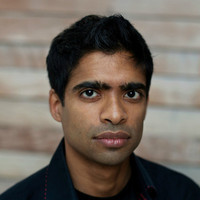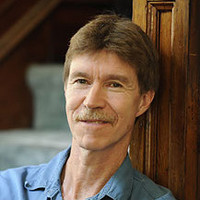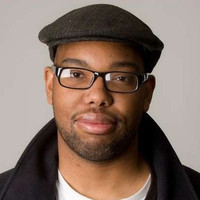Yepoka Yeebo has written for The Guardian, Bloomberg Businessweek, and Quartz. Her new book is Anansi’s Gold: The Man Who Looted the West, Outfoxed Washington, and Swindled the World.
“Initially it was like, Why are you writing about a con man? He makes Ghana look bad. Nobody needs another crime story about an African person. I found that irritating, because isn't the whole point of being a complete person, complete people, is we contain multitudes? We too can be epic, world-leading con men! Also, it's a great story. Everybody should revel in the insanity of what happened.”


















